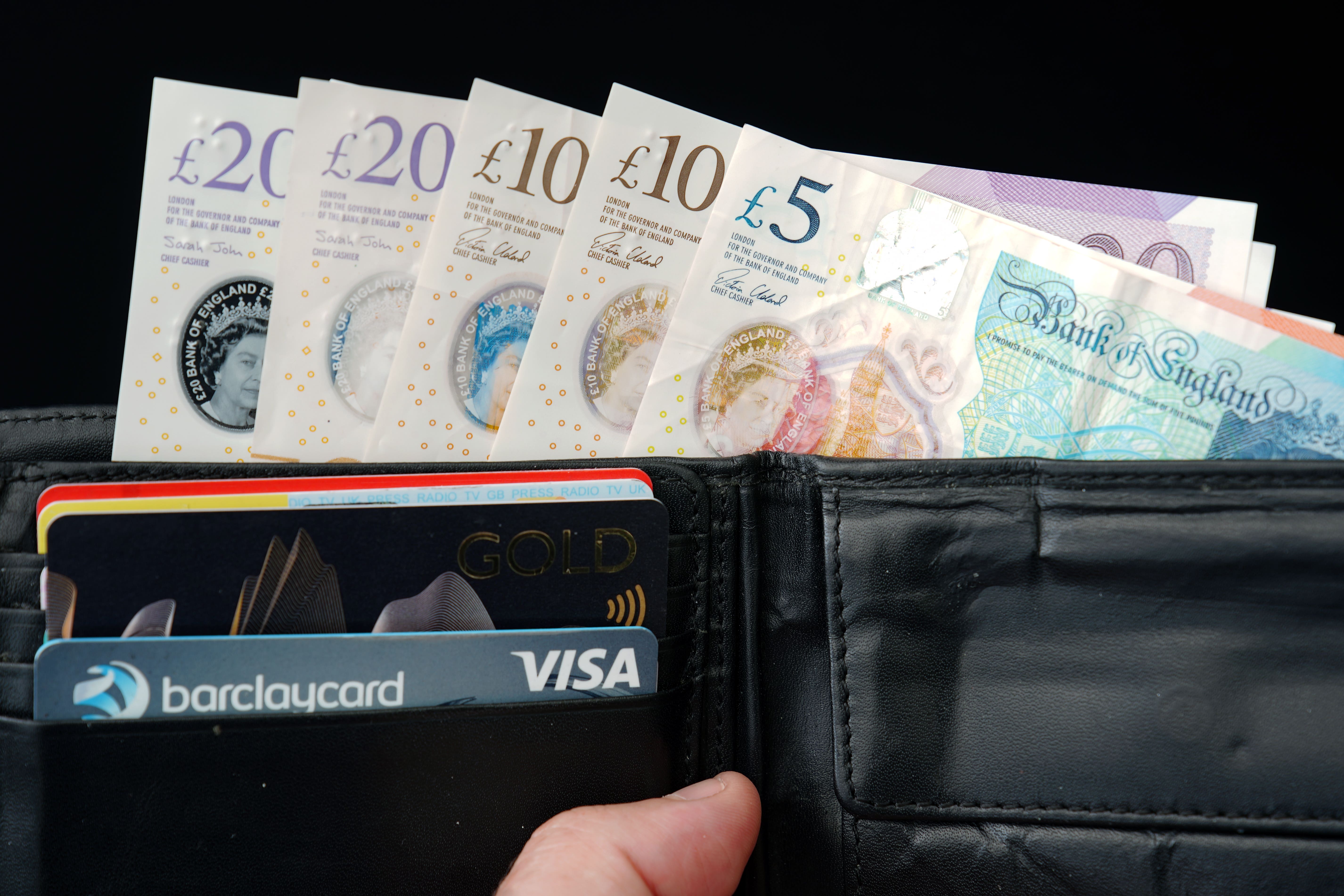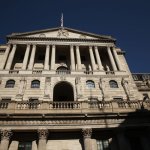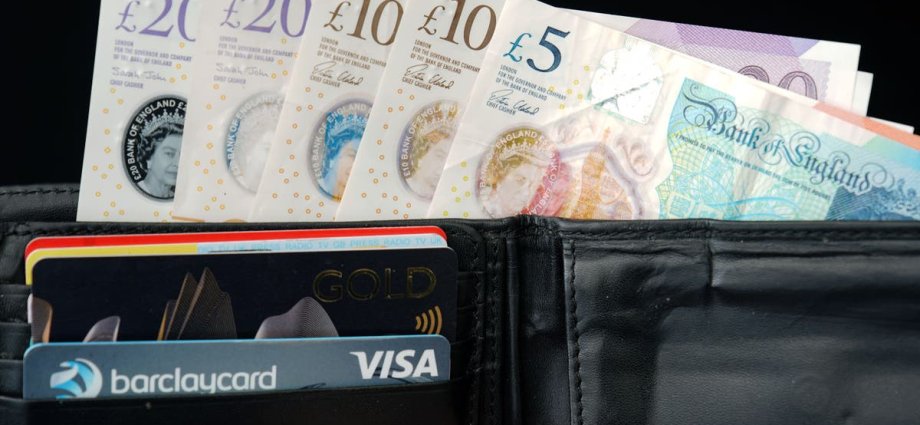Unpaid council tax debt has rocketed to £6bn as households reel from the pandemic and the cost of living crisis, according to a new report.
Arrears have nearly doubled since before the Covid crisis – when they totalled around £3.6bn.
The figures are contained in a new report published days after the chancellor, Rachel Reeves, said she had identified a £22bn black hole in the nation’s finances since entering government and that she faced “difficult decisions” ahead.

She has warned taxes will have to rise in October to plug the gap, leading to fears Labour could raise money by increasing levies such as fuel duty or changing council tax.
Matthew Greenwood, head of debt at the Centre for Social Justice (CSJ), which compiled the report, said the rise in council tax arrears was “yet more evidence that in many cases, the process of collection is failing local authorities and taxpayers alike”.
Their research shows the majority of non-payers are unable to, he said, “and the often harsh repayment methods used by many local authorities are making repayment rates worse, not better”.
A “more proportionate” collection system would drive up the amount of money brought in by councils in the long-term, he added.

The report found 1.3 million households are struggling to pay their bills, many of them families on the lowest incomes.
The CSJ warns of a growing divide between the poorest 10 per cent of households and the rest of the country.
While most can cope with local taxes, some are in such desperate need that they have little money left after they pay for housing, food and energy.
The families likely to face enforcement action can have as little as £150 a month to spend, the report found.
Among the harsh enforcement measures they face are the threat of imprisonment.
The CSJ warned that the average amount of council tax owed by those approaching debt advice charities has more than doubled in the past 10 years, from £756 in 2013 to £1,726 in 2023.
The organisation called for a “clearer distinction” to be made between those who cannot pay and those who refuse to.
Those facing genuine hardship should be helped and offered tailored repayment terms and advice on how to get help, it said. This could result in more money for the council by reducing the need for bailiffs.
These households should also come under the oversight of the Enforcement Conduct Board – a voluntary oversight body set up by the debt advice industry in 2021.
The report calls for a relaxation of the rule that requires full payment of a year’s council tax after one missed bill.
It adds: “Debt collection is an important function of government, but where households are clearly vulnerable, they should be treated sensitively to enable them repay.
“But the structure of our collections system incentivises against this by providing opportunities for local authorities to quickly advance to enforcement [action by bailiffs].”
The Ministry of Housing, Communities and Local Government has been approached for comment.











